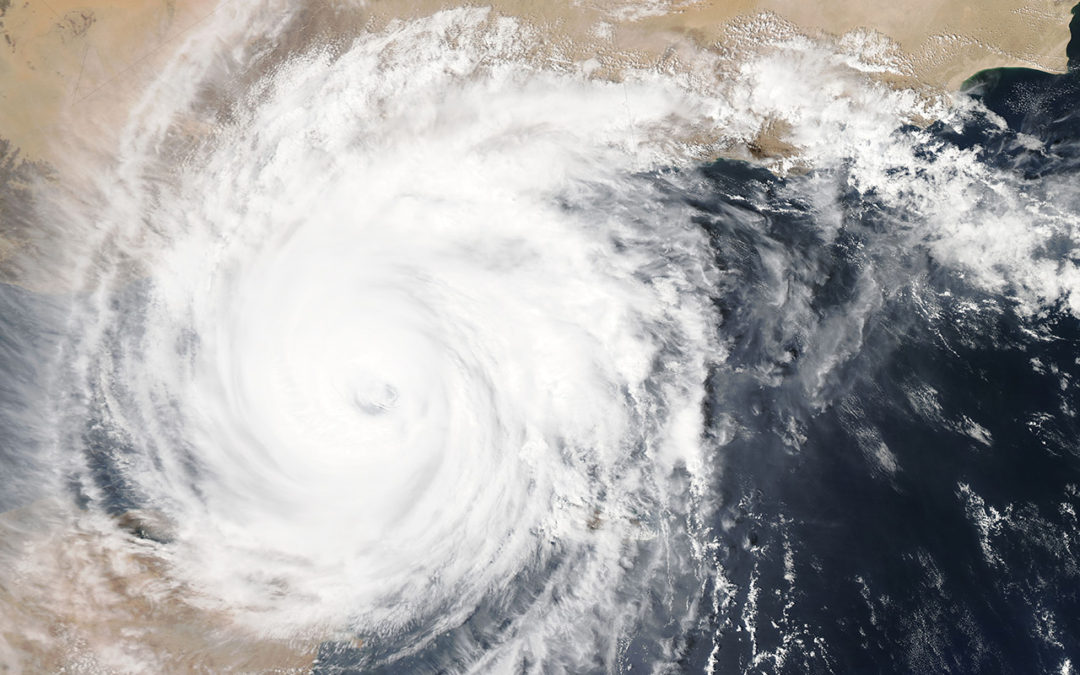Disaster Preparedness Tips for After-School Programs
Florida is no stranger to Hurricanes. As I am writing this post, we are closely watching Hurricane Irma barrel toward Florida, while still sending support to Texas following Hurricane Harvey.
Here are a few tips to assist children & families in your After-School Program leading up to (and following) a disaster.
1. Help Children Cope with Anxiety: Remain calm and be reassuring (manage your own feelings). Listen to the children, validate their concerns, and answer their questions. Shut off the TV (or at least turn the channel); repeated images of storm coverage can increase anxiety.
2. Encourage Families to Have a Communication Plan: FEMA has provided a family friendly worksheet that gets families thinking about important numbers that should be written down and stored in cell phones, as well as meet-up locations in the event that the family is separated. Here is the link: https://www.ready.gov/kids/make-a-plan
3. Connect with Families Post-Disaster: Create an updated contact list for each student. Distribute the list amongst staff. Each staff member is required to contact the students assigned to them, and document the results of the call within 24-48 hours of the storm; if it is safe to do so. FEMA recommends sending texts instead of calling if possible. This will avoid tying up phone lines for emergency workers. Source: https://www.ready.gov/kids
Preparing your staff and after-school site for disaster:
1. Contact Funding Sources: Inform your contract managers of any changes to hours of operation or interruption of services. Update your contract managers as soon as possible after the storm to provide an update regarding continuity of operations. Some items to report include; safety of students, damage to service location, when will you resume services.
2. Keep Staff Informed: Update staff contact list and call all staff members within 24 hours of the storm; if it is safe to do so. Document their status (safety and security), and relay any updates regarding when/where to report to work.
3. Secure Confidential Information: In addition to securing computers and equipment; ensure that confidential files are protected. Store documents in locked filing cabinets, if you feel that water may get into the cabinets then cover them with plastic or secure files in plastic bags before placing them into the filing cabinet. Back-up any important files that are stored on your computer’s hard drive to an external storage drive or cloud service (i.e. dropbox, google docs, company server etc.). Protect the files with a password for added security.
Finally be safe and listen to your Emergency Management Personnel. Secure your homes and take care of your loved ones. As the saying goes, prepare for the worse and hope for the best.



Recent Comments